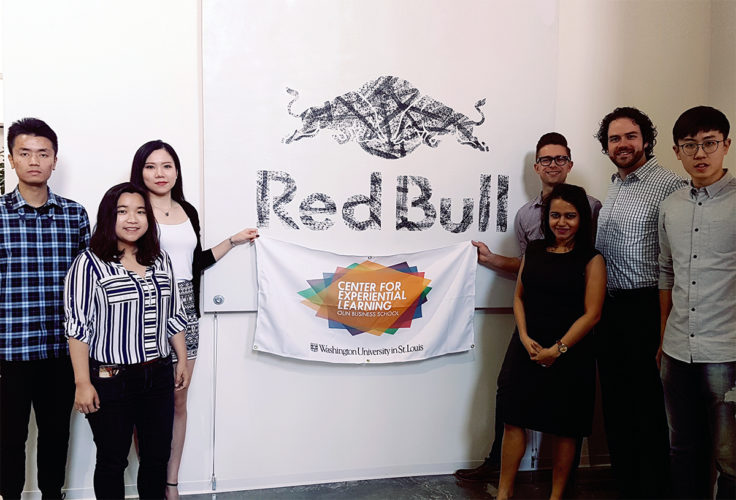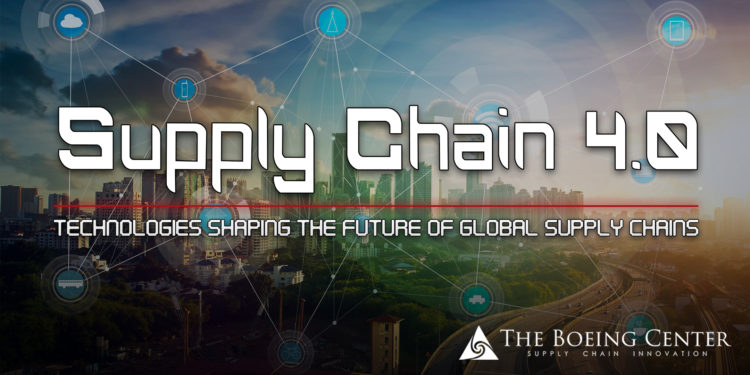Last semester, Richard Payton served as a United Way Board Fellow for Sherwood Forest, a year-round youth development organization. The project was part of the Center for Experiential Learning’s United Way Board Fellows Program, which partners students with local agencies supported by the United Way of Greater St. Louis. The students serve as a consultant and a voting member of the organization’s board, providing a unique experience for students interested in social impact.
Richard truly immersed himself in his client’s mission to transform the lives of children in need, and he came away from the experience with a strong sense of applied learning and a better appreciation for youth development in the community. Learn more about his experience as a board fellow, and his advice for students interested in the program:
Who is your client and what interested you about working with them?
Richard: I’ve had the good fortune to sit on the board of Sherwood Forest, a youth development agency that uses a resident summer camp in the Ozarks and year-round programming to help kids from underserved communities reach their fullest potential. I worked in K-12 education for 8 years before enrolling in Olin’s PMBA program, and I love the outdoors, so Sherwood Forest is a natural fit for me.
Two girls who are a part of the Sherwood Forest community.
How do you hope to provide impact to your client?
Richard: Lots of youth development agencies target kids from underserved communities, but I can’t think of another that is anchored in a resident summer camp experience. It’s easy to call Sherwood Forest a “summer camp,” but there’s a lot more to it. With my Board Fellows project, my aim is to help Sherwood Forest better communicate “the why behind the what” to stakeholders—in other words, to better explain the theory and evidence behind the agency’s work so that parents, families, donors, and funders understand the sophisticated and evidence-based thinking behind the agency’s service model.
How does the CEL Board Fellows experience differ from other classes?
Richard: One of the reasons I applied to WashU’s part-time MBA program was the experiential opportunities at the CEL. The hands-on experience has been incredibly valuable, especially in considering how I can apply concepts that I learned in courses that were focused on critical thinking, communication, and strategy. This experience has been different from other courses because of that experiential element, as well as the opportunity to draw from what I learned in so many different courses.

What has been the highlight of your experience?
Richard: In addition to its amazing staff and board members, I’ve also met many students who “grew up” with Sherwood Forest. Hearing about how much Sherwood Forest impacted their lives and how excited they were for college and their careers was really inspiring. Since nonprofit work can often be intangible, these stories were so compelling.
What advice would you give to students interested in becoming a United Way Board Fellow?
Richard: Know that your assigned project is just one component of the Board Fellows experience—another big piece is learning about the agency and its work, and how nonprofits function. That being said, spend as much time with the agency as possible—board meetings, committee meetings, fundraising events, etc. Make sure you see the agency “in action.” I spent a day at Sherwood’s summer camp in the Ozarks and it really brought the agency’s work to life.















